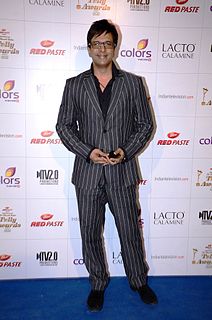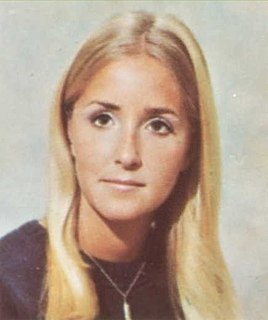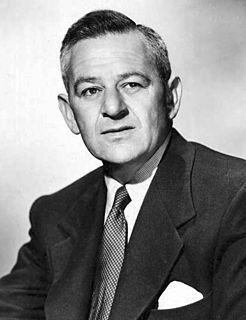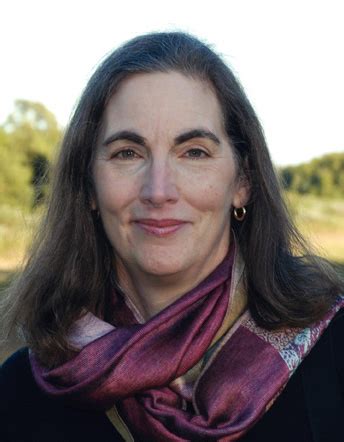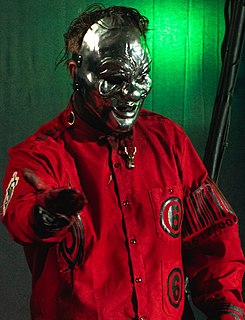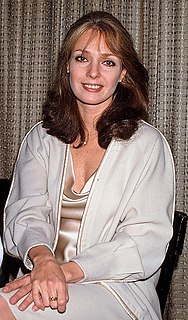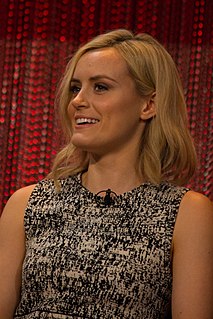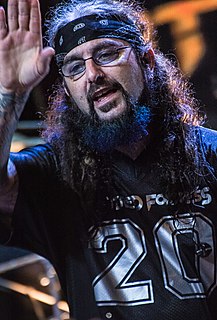A Quote by Javed Jaffrey
The making of the documentary is an involving and collaborative process where you go deeper unlike in movies where you just borrow someone else's script.
Related Quotes
The creative process is a very collaborative process. I know it might seem that way because so much ink is spilled and the media is obsessed with business and numbers and studios... but filmmakers don't think of it that way. We just go off and we tell our stories. It's the same torture that we adore, it's the same torture that our forefathers endured making movies in the golden era of Hollywood. So, from my perspective it's no different, I'm sure, from the men and women who I admire so much who made the earliest movies.
What we call the market is really a democratic process involving millions, and in some markets billions, of people making personal decisions that express their preferences. When you hear someone say that he doesn't trust the market, and wants to replace it with government edicts, he's really calling for a switch from a democratic process to a totalitarian one.
I think the beauty of documentary work is that it's a mystery - you never know where it's going to lead you. You start out with some notion of it, but it's very different from a script. A script you write, you shoot against, and you know what the story is going to be. There's always the element of surprise, but the surprise comes from performance, from something that's improvised, it comes from someone who sees it inside an already determined framework. In documentary, it's never determined. It's never the same, and affords enormous possibility.
I've got dreams now of reinventing 'Hellraiser' and just getting my head on anything I can get my hands on that maybe I would love. 'Cause the possibilities are endless: I can make my own movies; I can make other people's movies. But if someone had a 'Hellraiser' script and had funding, and I loved it, let's go.
I had an unorthodox high-school experience; I shifted around to different schools. When I got to college and met Larry Sacharow, who ran the theatre department [at Fordham University in NYC], he was the first person to say ‘I believe in you.’ At that point, I just needed someone to say ‘I see you, I get you, let’s go.’ It’s an amazing thing to borrow someone else’s confidence in you; it can change your life.
Pretty early on in making the first movie I realized that this is what I wanted to do. I felt like by that time I just found my niche, like this is what I was supposed to be doing. So I completely submerged myself into the world of watching movies, making my own movies, buying video cameras and lights. When I wasn't making a movie, I was making my own movies. When I wasn't making movies, I was watching movies. I was going back and studying film and looking back at guys that were perceived as great guys that I can identify with. It just became my life.
